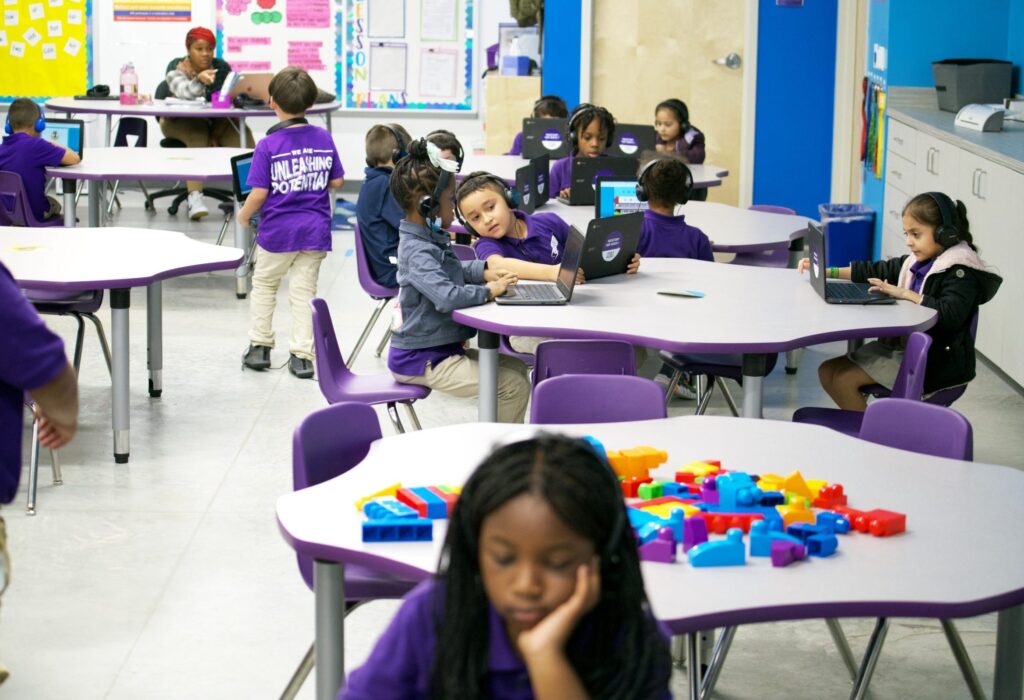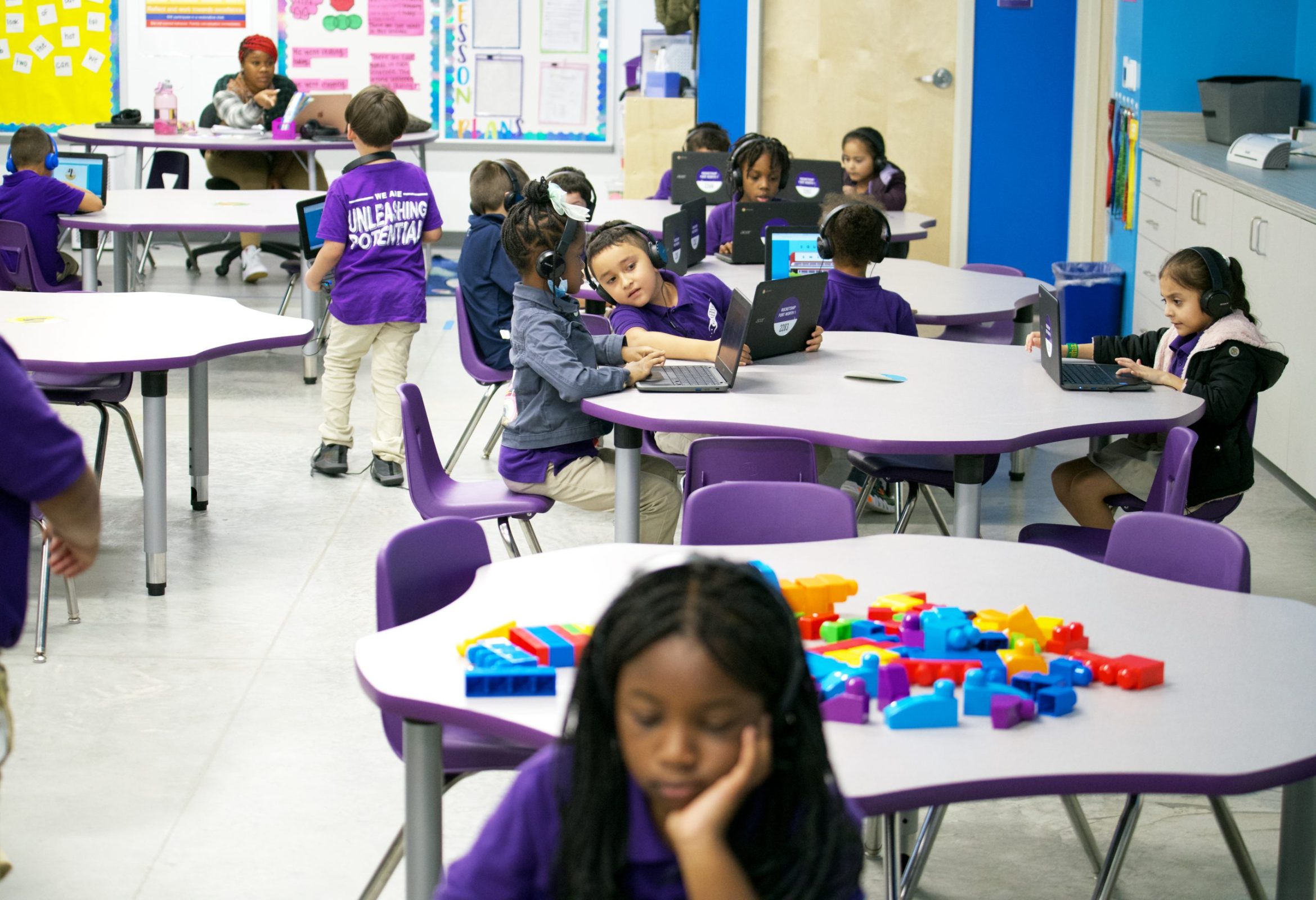
Unlocking Potential: A Comprehensive Guide to Supporting Your 3rd Grader
Third grade is a pivotal year in a child’s educational journey. It marks a significant transition from learning to read to reading to learn. This shift demands a more sophisticated understanding of concepts, an increased focus on independent work, and the development of crucial critical thinking skills. As parents and educators, understanding the challenges and opportunities presented during this year is paramount to ensuring a child’s success. This comprehensive guide will explore the key academic, social, and emotional milestones of a 3rd grader, offering practical strategies and insights to help your child thrive. The 3rd grader year is an important phase of development and requires a multifaceted support system.
Academic Milestones for the 3rd Grade Student
The academic expectations for a 3rd grader increase considerably compared to previous years. Let’s delve into the core subjects and the specific skills your child will be developing:
Reading Comprehension
3rd graders are expected to move beyond basic decoding skills and begin to analyze and interpret texts. They should be able to identify the main idea, supporting details, and character motivations. Encourage your child to read a variety of genres, including fiction, non-fiction, and poetry. Ask them questions about what they’ve read to assess their understanding. For instance, prompting them with “What was the main problem in the story?” or “How did the character feel and why?” can significantly enhance their comprehension skills. Make reading fun by creating a cozy reading nook or visiting the library regularly.
Writing Skills
Writing in the third grade focuses on developing clear and organized paragraphs. Students learn to express their ideas effectively, using proper grammar, punctuation, and sentence structure. Encourage your child to write regularly, even if it’s just a few sentences a day. Provide prompts like “Write about your favorite animal” or “Describe a time you felt happy.” Offer constructive feedback, focusing on clarity and organization. Introduce the concept of outlining to help them structure their thoughts before writing. This is very important for the 3rd grader.
Mathematical Concepts
Third grade math introduces more complex concepts such as multiplication, division, fractions, and measurement. Ensure your child has a strong foundation in basic addition and subtraction, as these skills are essential for mastering more advanced topics. Use real-world examples to illustrate mathematical concepts. For example, when baking cookies, involve your child in measuring ingredients and dividing the batch equally. Games and online resources can also make learning math more engaging. A 3rd grader needs a solid mathematical foundation.
Science and Social Studies
In science, 3rd graders typically learn about topics like plants, animals, weather, and the solar system. Social studies often covers local history, communities, and different cultures. Encourage your child to explore these topics through hands-on activities, such as planting a garden or visiting a local museum. Watch documentaries together and discuss what you’ve learned. These experiences can make learning more meaningful and memorable for your child. The exposure to different fields of study is crucial for the 3rd grader.
Social and Emotional Development of a 3rd Grade Student
Beyond academics, the social and emotional development of a 3rd grader is equally important. This is a time when children are becoming more aware of their place in the world and are developing their social skills and emotional intelligence.
Building Social Skills
Third grade is a time when friendships become more complex and peer relationships become more significant. Encourage your child to participate in extracurricular activities and playdates to develop their social skills. Teach them the importance of empathy, respect, and communication. Help them navigate conflicts and learn how to resolve disagreements peacefully. Role-playing scenarios can be a helpful way to practice these skills. Social interaction is a cornerstone of development for the 3rd grader.
Developing Emotional Intelligence
Emotional intelligence, the ability to understand and manage one’s own emotions and the emotions of others, is crucial for success in all areas of life. Help your child identify and label their emotions. Teach them healthy coping mechanisms for dealing with stress, frustration, and disappointment. Encourage them to express their feelings in a constructive way. Model positive emotional behavior yourself. Open communication helps the 3rd grader navigate their emotions.
Promoting Independence and Responsibility
As children mature, it’s essential to foster their independence and responsibility. Assign age-appropriate chores, such as setting the table or making their bed. Encourage them to take ownership of their schoolwork and homework. Teach them time management skills and help them prioritize tasks. Praise their efforts and accomplishments to build their self-confidence. Independence is a valuable trait to instill in a 3rd grader.
Strategies for Supporting Your 3rd Grader
There are numerous ways parents and educators can support a 3rd grader and help them succeed academically, socially, and emotionally:
Create a Supportive Learning Environment
Provide a quiet and organized space for your child to do their homework. Minimize distractions and ensure they have access to the necessary resources, such as books, pencils, and a computer. Establish a consistent homework routine and encourage them to ask for help when needed. Communicate regularly with your child’s teacher to stay informed about their progress and any challenges they may be facing. This collaborative approach can greatly benefit the 3rd grader.
Foster a Love of Learning
Make learning fun and engaging by incorporating games, activities, and real-world experiences. Encourage your child to explore their interests and pursue their passions. Visit museums, attend concerts, and explore nature together. Read aloud to your child and discuss what you’ve read. Show them that learning is a lifelong journey. Cultivating a love for learning sets the 3rd grader up for success.
Encourage Reading Every Day
Reading is the foundation of all learning. Encourage your child to read for at least 20 minutes each day. Let them choose books that interest them and provide opportunities for them to discuss what they’ve read. Visit the library regularly and participate in reading programs. Reading comprehension is key for the 3rd grader.
Promote Healthy Habits
Ensure your child gets enough sleep, eats a healthy diet, and engages in regular physical activity. These habits are essential for their physical and mental well-being. Limit screen time and encourage outdoor play. A healthy lifestyle supports the 3rd grader’s development.
Communicate Openly and Honestly
Create a safe and supportive environment where your child feels comfortable sharing their thoughts and feelings. Listen actively and empathetically to their concerns. Provide guidance and support, but also allow them to make their own decisions and learn from their mistakes. Open communication is vital for the 3rd grader.
Addressing Common Challenges Faced by 3rd Graders
While third grade is a time of growth and development, it can also present some challenges for children. Being aware of these common challenges can help you support your child effectively.
Difficulty with Reading Comprehension
Some 3rd graders may struggle with reading comprehension, particularly when faced with more complex texts. If your child is having difficulty, work with their teacher to identify the underlying causes and develop strategies to address them. Consider using graphic organizers, summarizing techniques, and interactive reading activities to improve comprehension. Targeted intervention can assist the 3rd grader.
Struggling with Math Concepts
Math can be a challenging subject for some 3rd graders, especially when they are introduced to new concepts like multiplication and division. If your child is struggling, provide extra support and practice opportunities. Use manipulatives, games, and real-world examples to make math more concrete and engaging. Seek help from a math tutor if needed. Consistent practice is beneficial for the 3rd grader.
Dealing with Social Issues
Social issues, such as bullying, peer pressure, and friendship conflicts, can be a source of stress for 3rd graders. Teach your child how to handle these situations effectively. Encourage them to stand up for themselves and others, and to seek help from a trusted adult when needed. Support them in developing healthy friendships and navigating social situations. Healthy social skills are essential for the 3rd grader.
Managing Test Anxiety
Test anxiety can be a significant issue for some 3rd graders, particularly as they begin to take more formal assessments. Help your child develop strategies for managing test anxiety, such as deep breathing exercises, positive self-talk, and time management techniques. Ensure they are well-prepared for tests by reviewing the material and getting enough sleep the night before. Proper preparation can alleviate test anxiety in the 3rd grader.
Conclusion
Supporting a 3rd grader involves understanding their academic, social, and emotional needs and providing them with the resources and support they need to thrive. By creating a supportive learning environment, fostering a love of learning, promoting healthy habits, and communicating openly and honestly, you can help your child navigate the challenges and opportunities of this important year. Remember that every child is unique, and what works for one child may not work for another. Be patient, understanding, and supportive, and celebrate their successes along the way. The journey of a 3rd grader is a unique and valuable one.
[See also: Educational Games for Elementary Students]
[See also: Tips for Improving Reading Comprehension]
[See also: Helping Your Child with Math Homework]

